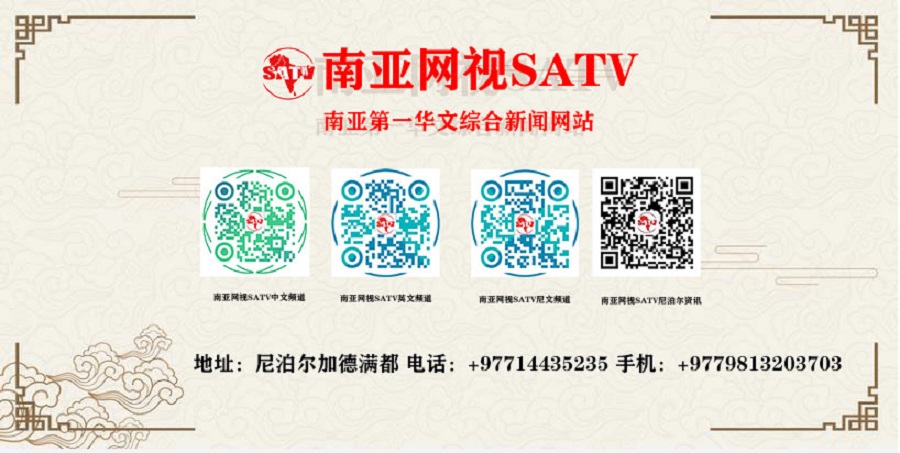The government has started a probe for delayed disclosure of key financial details of 51 high risk companies, which reportedly allowed certain people privy to the board’s decision to sell their stocks at higher rates.

Post Illustration
The Securities Board of Nepal on June 15 published a list of 51 companies listed on Nepal Stock Exchange stating that the stocks of these companies were overpriced and buying them could be risky.
The board had mentioned why buying these companies’ stocks could be risky by publishing their escalated share prices in the last three years, earnings per share, price earning ratio, and net worth. The data also showed that even those companies having negative earnings per share had handsome share prices.
Though these revelations alerted stock investors about the risk of investing in these companies, the way the details were made public invited doubt if the information were leaked to certain individuals before they were made public, a government investigator told the Post.
The board meeting of the Securities Board of Nepal on June 14 had decided to publish the details of these high-risk companies, but the regulator allowed these companies to trade the following day, which allowed certain people to sell the stocks at higher rates.
“Some people could sell the stocks of 51 companies at higher prices as the board didn’t disclose its decision in time,” the official investigating the case said.
“There is a suspicion that certain people benefited because the board’s decision was leaked to them. After the decision became public, share prices of these companies plummeted.”
Some of the companies whose earnings per share were negative but their shares were being sold at higher prices include Chandragiri Hills, Soaltee Hotel, Ankhu Khola Jalvidyut Company, Dibyashwori Hydropower Ltd, Khanikhola Hydropower Co Ltd, Liberty Energy Company Limited, Narayani Development Bank, Panchakanya Mai Hydropower Ltd, Rasuwagadhi Hydropower Company Limited, Sanjen Jalvidyut Company, Upper Tamakoshi Hydropower Project and Ghodighoda Laghubitta Bittiya Sanstha Ltd.
The suspicion of information leak about the board’s decision comes weeks after the board’s immediate chairperson Bhisma Raj Dhungana and former CEO of Nepal Stock Exchange Chandra Singh Saud were caught in an insider trading scandal.
Dhugana’s daughter Rebika and Saud’s wife Sushila Kumari each had purchased 11,911 shares of Sarbottam Cement after they were tipped off about the company’s plan to make an initial public offering (IPO) worth Rs6 million under book building mechanism.
Saud has since resigned as the CEO of Nepal Stock Exchange while Dhungana has been suspended.
The government has formed a three-member committee under the coordination of former high court judge Anantraj Dumre to investigate the latest case of alleged insider trading.
During the investigation into share purchase of Sarbottam Cement, the probe committee formed by the Finance Ministry had also looked into the financial situation of the 51 companies considering them high risk for investment.
“The new probe team is expected to see into potential insider trading when the financial situation of 51 companies was exposed,” said a government source.
A senior official at the board confirmed to the Post that the information about 51 companies was made public only after the trading hours were over the next day.
Niraj Giri, the executive director at the board, said disclosure of the decision was delayed because the board sought to take the opinion of the Finance Ministry.
“I don’t know whether the information was leaked due to the delay in announcing the decision. After the decision, several people within the board’s structure had knowledge about the decision,” Giri said.
Meanwhile, a source at the Finance Ministry said that there had been no official request seeking the opinion regarding the board’s decision.
“It is true that an email was sent to two officials at the ministry but they were not official letters,” the source told the Post. “It would be better if the regulatory body disclosed the details after completing the investigation.”













